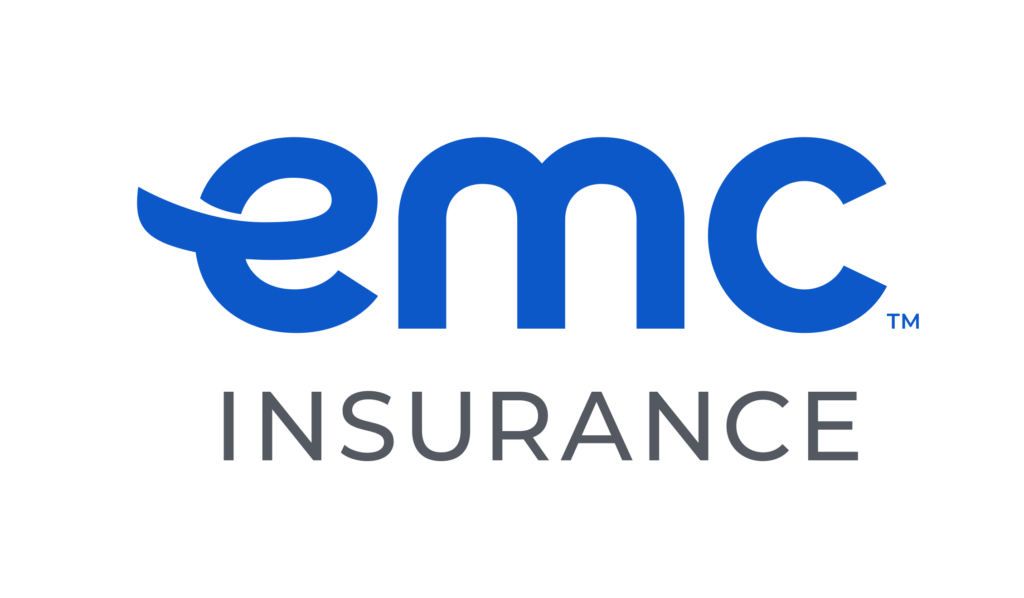Pride at the ‘racino’
With a referendum on gambling less than a month a way, Gary Palmer has become something of a yes man.
Palmer is the president and CEO of Prairie Meadows Racetrack and Casino. He is an unabashed promoter of the benefits that betting on horse races and blackjack and dropping a few quarters in slot machines brings to the state, local communities and charitable organizations.
On Nov. 2, Polk County voters will be asked whether gambling should remain legal for the next eight years. The vote is required by state law in counties with legal casino gambling.
It won overwhelming approval in 1994 and 2002, and there is little if any organized opposition this year.
None of that matters to Palmer, who teamed with other prominent Greater Des Moines business people in the early 1980s to turn more than 240 acres of farmland near Altoona into a horse racing track.
“We don’t take anything for granted,” he said.
Before audiences large and small, Palmer repeats the message “Prairie Meadows Yes” and follows it with a reminder to “flip the ballot.” That’s because the gambling referendum is found at the very end of what Polk County Auditor Jamie Fitzgerald said is the largest ballot, by size, in Iowa’s history.
With two constitutional questions and the Prairie Meadows measure on the flip side of the ballot, Palmer isn’t the only yes man or woman making speeches.
“There is a lot of ‘yes’ talk out there,” Fitzgerald said.
That’s of little difference to Palmer, who also points out that he doesn’t want Prairie Meadows to get lost among the judges, who also appear on the flip side.
Little chance of getting lost
Palmer probably has little to worry about when it comes to Prairie Meadows escaping public attention.
Though there is no known opposition to the gambling referendum, gambling has committed opponents who claim it is a drag on the economic and social health of the community.
Prairie Meadows has its own controversies. There is an ongoing squabble among people who believe that the organization, owned and managed as a nonprofit, should not underwrite horse racing, which operates at a deficit.
And the gaming complex is exempt from the state’s ban on smoking in bars, restaurants and public places. That rankles business owners who operate under the ban. Gov. Chet Culver has said that he would extend the prohibition to casinos.
Prairie Meadows is leased from Polk County. That means that smoking is prohibited on the property outside the casino, but not inside among the slot machines and table games.
It is no secret that casinos cannot afford to have customers leave the gaming floor to grab a smoke off site.
Palmer said extending the ban to his facility would mean an annual loss of $40 million. Statewide, those numbers would run to at least $150 million, he said.
“We would not be in favor of that for economics only,” Palmer said. “It’s part of the entertainment business.”
He is quick to point out that the state has no authority to regulate activities at casinos owned by Native American tribes, such as Meskwaki Bingo Casino Hotel in Tama.
A smoke-free Prairie Meadows would place more gambling customers in Tama, Palmer said.
“If they could stop it on an equal playing field, at all casinos, that would be wonderful in our opinion,” he said.
Losing money on horses
Another issue confronted by Palmer and the Prairie Meadows board of directors is the tension created by those who resent underwriting the horse racing operation. That money, about $16 million a year, could be added to the amount of funds given to nonprofit organizations, some would argue.
But Palmer said the horses are here to stay. After all, there would be no Prairie Meadows if it had not been organized as a horse track meant to benefit agriculture and the state’s horse-breeding industry as well as create jobs and provide an economic benefit to Polk County and Greater Des Moines.
Horse racing is the “sport of kings,” Palmer said.
He is quick to point out that bets – or the handle – are not covering purses paid out to the top finishers in races.
“Traditionally, that’s where race tracks made the money, on the handle,” he said.
According to the Iowa 2009 annual report of the Iowa Racing and Gaming Commission, bets are not covering purses at Prairie Meadows. The racetrack took in nearly $4.6 million in bets on races at the track last year, while paying pursed totaling $17.8 million. In 2008, race patrons placed $5.1 million in bets and the track paid nearly $20 million in purses.
Betting is off nationally, also, as are overall gambling revenues.
“We’ll always have to subsidize horse racing; we just need to minimize our expenses,” Palmer said.
Welcome to the ‘racino’
When Polk County residents voted to allow slot machines at the track in 1994, Prairie Meadows became the nation’s first “racino,” Palmer said, combining the horse racing track with a casino operation that opened the following year. A few others have blossomed across the country since then, including two dog tracks in Council Bluffs and Dubuque that also have casino operations.
Slots were key to Prairie Meadows’ survival.
The first day of racing at the track was March 1, 1989. A little more than two years later, Prairie Meadows filed for bankruptcy protection, and when the racino opened in 1995, the operation was $90 million in debt. Polk County had issued bonds to keep the facility operating, and at the same time was threatening to board the place up unless finances improved, Palmer said.
It is an understatement to say that slots helped save the day. In less than two years, Prairie Meadows was debt-free and has been ever since.
However, a long-held ambition to open a hotel appears to be heading toward reality. Construction will place Prairie Meadows in debt again, this time to Bankers Trust Co., which is nearing agreement to loan the more than $29 million needed to build the hotel and make other improvements, such as leveling the landscape.
Bankers Trust also will provide cash management and vault services that will cost Prairie Meadows about $89,000 a year.
The bank agreement depends on whether voters approve the gambling referendum on Nov. 2.
If that happens, Prairie Meadows also must decide whether to manage the 179-room hotel itself or bring in a management company that would provide the immediate benefit of having its own reservation system.
Palmer and his staff will make a recommendation to the executive board’s facilities committee on Monday.
“I don’t think anybody has a real strong prejudice to us managing it ourselves,” said Gerry Neugent, a member of the executive board and chair of the facilities committee. “It might make sense for the first couple of years to have a management company, but I think at this point the committee has been open-minded about it.”
Neugent and Palmer point out that Prairie Meadows has been able to provide most of the services at the racetrack and casino with its own personnel.
Prairie Meadows has a built-in client list of sorts in its 200,000-member Prairie Gold Club player rewards system. Palmer said the facility runs its own security and housekeeping operation, both of which he considers tops in the country.
He also pointed out that Prairie Meadows has a potential 198,000 customers driving by the gates every day on Interstate 80. Any gamblers in that crowd don’t need a reservation system to pull off the interstate, risk some money and spend a night or two at a hotel.
Though Palmer wouldn’t say what the staff’s recommendation will be, it’s easy to draw the conclusion that the nod will lean toward self-management. It’s part of the obvious pride he takes in helping build a top gambling draw to eastern Polk County.
“Here we are, a bunch of farmers from Altoona who have kept up with the industry,” he said.











